“The common thread in all of it was how happy we are when we are free to simply live our lives and not be constantly under attack from right-wing politicians and so-called Christians.”


“The common thread in all of it was how happy we are when we are free to simply live our lives and not be constantly under attack from right-wing politicians and so-called Christians.”

Asheville has a reputation as welcoming individuals of all gender identities and sexual orientations. The city has numerous gender-affirming health care providers, social groups for the LGBTQ community and inclusive arts and culture spaces. Yet the local trans women who spoke with Xpress say they’ve continued to face bigotry in their careers, health care and social lives.

Facial feminization surgery and voice lessons for transgender people are now covered by the largest health insurance provider in the state. On July 1, Blue Cross and Blue Shield of North Carolina updated its policy to recognize these gender-affirming health care procedures as medically necessary. The national nonprofit Transgender Legal Defense & Education Fund led […]

“‘We need to recognize that each of us, in our own small way, are makers of our culture,'” Boswell wrote then. “‘We can exercise that function best by expressing our true selves, not by simply fulfilling our culture’s expectations. We are all in transition …'”

“As a male-to-female transgender, I am eagerly awaiting the day when some officious toady denies me the use of a ladies’ room, at which point I shall say, ‘While you stand there dissecting my gender, I’m going to wet my pants.'” Is that something you really want to have happen?

Author, transgender activist and newcomer to Asheville Tina Madison White reflects on the state of the Pride movement in 2016. White is the director of operations for Blue Ridge Pride Center, which will host its eighth annual Pride Festival Saturday, Oct. 1 in Pack Square Park in Asheville.
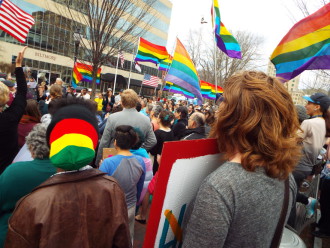
While some of the conversations that began with the General Assembly’s passage of House Bill 2 on March 23 have focused on which bathrooms transgender people should use, others have explored new ideas about gender and identity which could reshape the way we think and talk about ourselves and others.

Former Asheville resident, activist and writer Basil Soper will bring a new project to Asheville June 7-8: Transilient. The photo documentary, co-founded with Johanna Case, will help show that transgender people “deserve to be seen as living, breathing, feeling humans who have experienced many of the same things that cis [people who identify with the gender assigned to them at birth] people do,” says Soper.

“It’s the latest iteration of an eternal attempt to eviscerate existing civil rights laws and, yes, a death struggle between rural and urban North Carolina over the state’s future.”
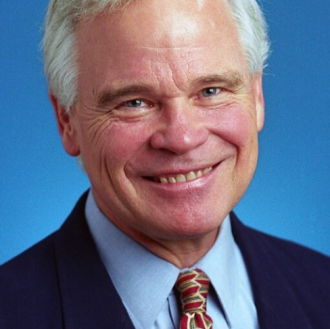
“Would it be possible for a small group of public-minded citizens to design a pathway out of this crisis?”

“Come on folks, where’s sensibility?”

‘The climate of hate, fear and violence darkening our beautiful state will clear as the rest of us find the courage to stand up and speak up for all of God’s children.’

“Maybe we as a society could open our hearts to these people as being our fellow human beings, regardless of gender identity.”

“I don’t want to see transgendered people’s rights violated in any way, but given the transgendered make up only around 0.03 percent of the U.S. population, what about the rights of the other 99.7 percent? Just asking.”
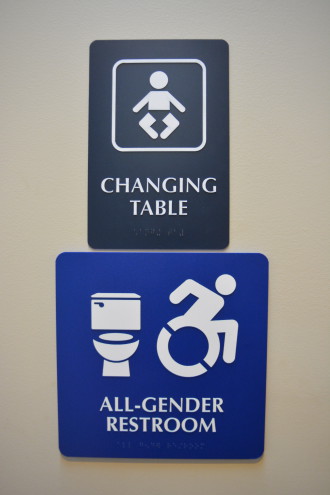
What Emily Dawson wants in life is a workplace where she doesn’t feel threatened. At least that would be a good start. Instead, she feels more threatened since the passage of House Bill 2, which she says relegates her to a restroom full of men, who likely will be hostile at the thought of seeing […]
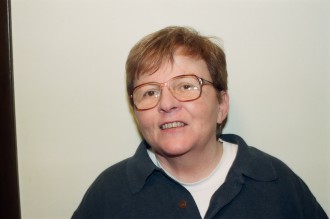
“Actually, this bill is in a way directed at every single person who lives in North Carolina. Discrimination of any kind applies to every one of us who lives here.”

“So instead of strictly ‘men’ and ‘women’ bathrooms, what if we redesignated the two choices to ‘men’ and ‘anybody else’ — aka ‘family’ — with baby diaper changing tables, private urinals and gentility all around?”

“While it is absolutely cruel and evil that this law is targeted primarily at the transgender community, what virtually nobody seems to know is that it impacts all of us, by stripping away our rights. “
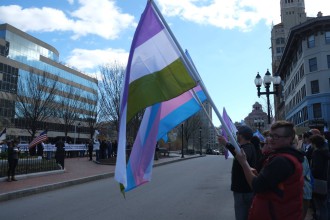
On Saturday, April 2, supporters and opponents of the recently-passed North Carolina legislation House Bill 2 demonstrated in Asheville’s Pack Square. The new law overturns a Charlotte ordinance that would have allowed people to use the bathroom that corresponds to their gender identity rather than the sex that matches their birth certificate. It also prevents other municipalities from passing similar ordinances to Charlotte’s, and it limits legal recourse for those who believe they have experienced discrimination based on race, religion, color, national origin, age, sex or disability.

Fifteen thousand patients visit the Minnie Jones Health Center in downtown Asheville each year. Most of them are low-income residents of the area, often under- or uninsured. More than 200 of them are transgender patients seeking care at the center, which is run by Western North Carolina Community Health Services.

Popular play The Vagina Monoluges covers “all the weird things we have to go through as women,” according to show organizer Allison Taylor. Her cast of local volunteers talks gender and sexuality at The Orange Peel on Saturday, Feb. 27, in support of domestic violence nonprofit Helpmate.